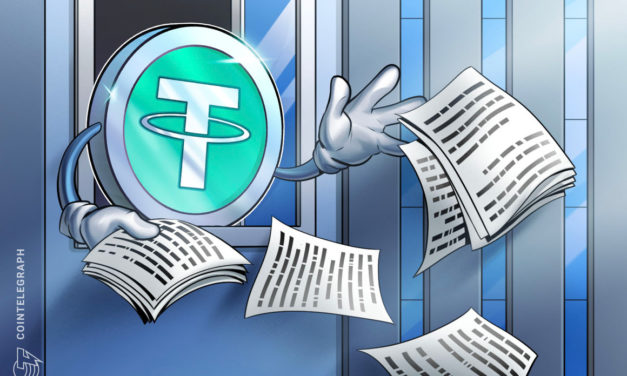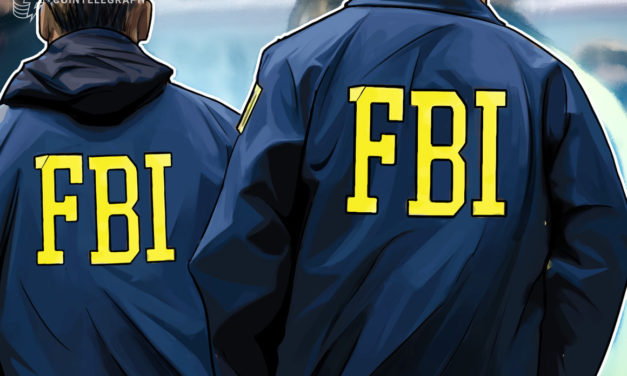US Commerce Dept. asks digital asset industry for input on competitiveness framework
Among the numerous reports and other written material mandated in United States President Joe Biden’s March 9 executive order “Ensuring Responsible Development of Digital Assets” is a framework for enhancing United States economic competitiveness in digital asset technologies, due from the Commerce Department on September 5. In preparation for that document, the Commerce Department requested public comments through Tuesday, providing 17 questions to encourage discussion.As of midday on Tuesday, eight comments had been received by the Commerce Department. They ranged from a few paragraphs to pages of detailed analysis. Mastercard’s 16-page response was the longest. Mastercard said in its response that the United States was in a particularly strong position as both a financial services and technological innovation hub. It urges several steps be taken to preserve those advantages. Lack of regulatory clarity is a significant obstacle business and innovation, Mastercard wrote, adding:“Mastercard therefore supports the view that the U.S. administration should consider leadership in the regulation of digital assets as a key enabler of the overall competitiveness of American firms in this sector.” In addition, Mastercard said countries are creating burdensome requirements for businesses in the sector and recommended that “an approach to the treatment of digital trade” be included in U.S. international trade agreements.Related: Mastercard to allow 2.9B cardholders to make direct NFT purchasesTech trade group Chamber of Progress urged regulatory clarity and workforce development to preserve the U.S.’s leading position. The Proof of Stake Alliance touted the advantages of proof-of-stake technologies as “the future of digital asset innovation” in carefully argued responses to four of the department’s discussion questions.A visiting senior research fellow at George Mason University Mercatus Center argued at length for relief from “the heavy regulatory burden that US digital asset businesses bear” and the need for the development of privacy protections.The American Bankers Association favored regulatory clarity as well while criticizing the Securities and Exchange Commission’s Staff Accounting Bulletin 121 for inhibiting competitiveness. It praised existing U.S. payment systems and called the benefits of a U.S. CBDC “uncertain and unlikely to be realized.” Independent Community Bankers of America said digital assets “present numerous significant threats, including financial crimes and risks for financial stability” and openly opposed a U.S. CBDC.The executive order on digital asset development called for over a dozen written responses. The first of those was published by the Justice Department in June. The Commerce Department framework is one of five documents expected to be released on September 7.
Čítaj viac






